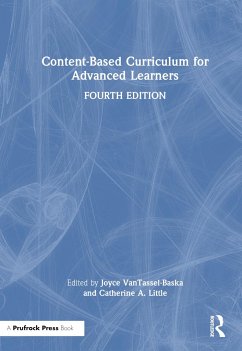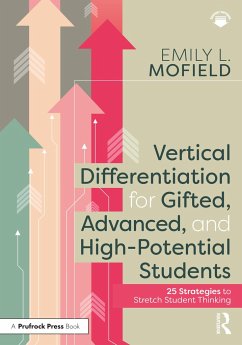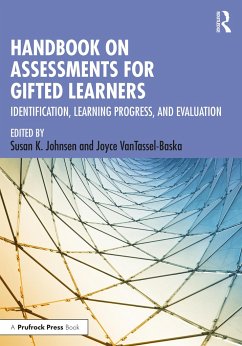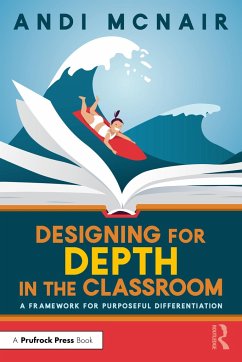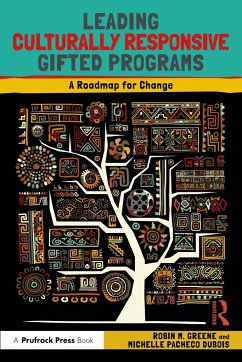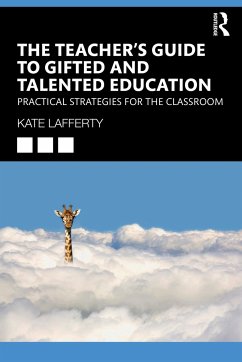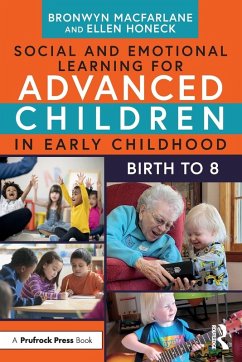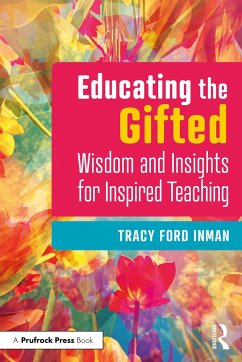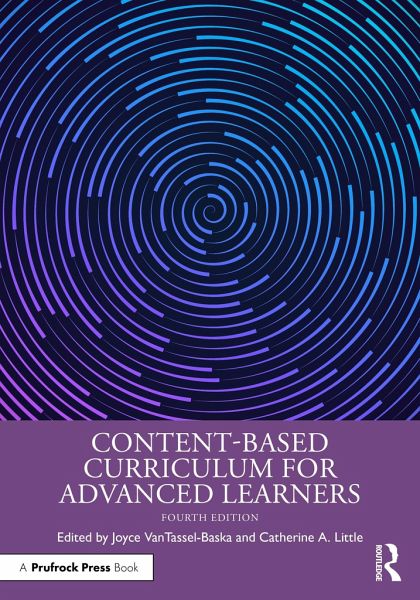
Content-Based Curriculum for Advanced Learners
Versandkostenfrei!
Versandfertig in 1-2 Wochen
91,99 €
inkl. MwSt.

PAYBACK Punkte
46 °P sammeln!
The fourth edition of Content-Based Curriculum for Advanced Learners provides readers with a complete and up-to-date introduction to core elements of curriculum development in gifted education with implications for school-based implementation.





